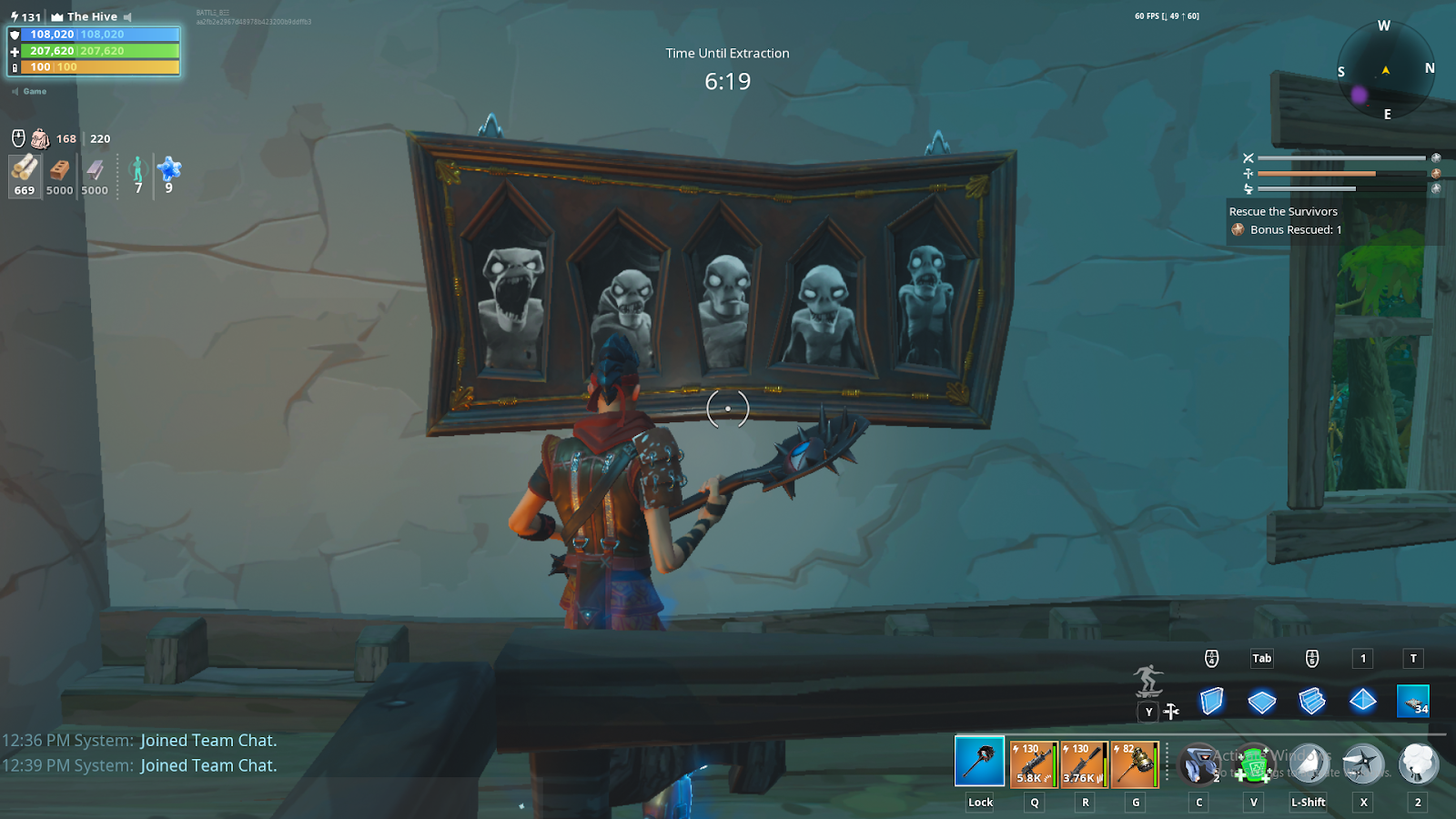
Cheating in gaming has always existed. From early button combos unlocking secret powers to Game Genie devices in the '90s, players have long looked for ways to tilt the odds. But what was once playful or confined to single-player games has morphed into something much bigger—and much more disruptive.
Today, the stakes are higher. Games are more competitive, global, and lucrative than ever before. Online multiplayer titles dominate the market, and esports tournaments offer life-changing prize money. In this hyper-connected, always-on environment, cheats are no longer simple tools—they're an underground economy. And companies like StealthCore are right in the middle of it, providing sophisticated in-game hacks that challenge not just fairness, but the entire structure of modern gaming.
Forget basic wallhacks or aimbots. Modern cheats are smarter, stealthier, and harder to detect. They’re often custom-built to work with specific anti-cheat software and regularly updated to stay one step ahead. We're talking machine learning-based aiming systems, ESP (extra-sensory perception) features showing enemy locations, or even resource manipulation in games where grinding is a core mechanic.
Some cheats integrate directly into the game UI, blending in so well they’re nearly impossible to identify by eye. Others run at the kernel level, mimicking legitimate system behavior. This level of sophistication has turned cheating from a hobbyist’s hack job into a high-tech industry.
Motivation varies. Some cheat for dominance—they want to win and don’t care how. Others feel justified after experiencing repeated losses to cheaters themselves. Then there are those who simply want to skip the grind. In games where progression can take weeks or even months, a quick shortcut can be tempting.
Another driver is social validation. With streaming and clout now tightly linked to gameplay performance, the pressure to appear elite is stronger than ever. Cheats become a tool for image maintenance, not just in-game advantage.
There’s also a darker edge: players using cheats to ruin others' experiences deliberately. Whether trolling or trying to drive competitors out of ranked ladders, sabotage is real. In every case, the outcome is the same—frustrated players, skewed leaderboards, and a damaged community.
Game developers have responded with their own weapons—anti-cheat systems. These range from client-side software that scans for suspicious activity to server-side behavior analysis. Some titles use machine learning to spot patterns too consistent to be human.
But it’s an arms race. Every time an anti-cheat update rolls out, cheat developers respond. Services like StealthCore are often prepared within days—sometimes hours—with bypasses. The result is a loop of update and evasion, where players are caught in the middle.
Developers also ban accounts, sometimes in waves. Public shaming can follow, especially in competitive scenes. Yet many cheaters simply buy or create a new account and return. The cycle continues.
The cheat industry has evolved into a full-blown commercial ecosystem. Sellers offer monthly subscriptions, 24/7 customer support, and video tutorials. Payments are anonymous, often through crypto. And customers aren’t just casual players. Competitive gamers, streamers, and even teams have been exposed using these services.
This professional approach makes cheats more accessible and appealing. When a cheating service mirrors the polish of a tech startup, the psychological barrier to using it drops. Buyers don’t feel like they’re doing something shady—they feel like they’re buying an edge.
Services like StealthCore tap into this demand by offering tailored packages for different games and playstyles. Whether it’s silent aim in a battle royale or resource hacks in a survival sandbox, the options are expansive and constantly evolving.
At the core of gaming is the idea of mastery. You learn, you improve, and you win—or lose—based on your skill. Cheating erodes that. It creates a culture of mistrust. When players can’t believe what they’re seeing, when every impressive play feels suspicious, the entire experience crumbles.
This mistrust spreads fast. Communities get toxic. New players get driven out. Developers face pressure to act, often making anti-cheat measures more intrusive. Everyone loses. And in esports, where reputation and sponsorships are on the line, even a single cheating scandal can shake an entire league.
The ripple effect touches content creators too. Streamers accused of cheating—even falsely—can lose fans, sponsors, and credibility. Trust is everything, and cheating breaks it on every level.
Some argue for more transparency. Let players know when cheats are detected. Make bans public. Others suggest leaning into hardware-level solutions, like biometric verification or secure input tracking. But these approaches raise concerns about privacy and accessibility.
There’s also the question of game design. Could more forgiving mechanics, better matchmaking, or dynamic difficulty reduce the urge to cheat? Possibly. But for high-stakes competitive titles, skill gaps will always exist—and where there’s a gap, someone will look for a shortcut.
Ultimately, this is a cultural problem as much as a technical one. Until winning at all costs stops being glamorized, cheats will have a market. As long as services like StealthCore provide powerful tools and consistent support, players will be tempted.
The gaming world is changing fast, and cheating is no longer a fringe problem. It's embedded in the system, powered by demand, and fueled by money. While developers fight to protect the integrity of their games, cheat providers evolve just as quickly.